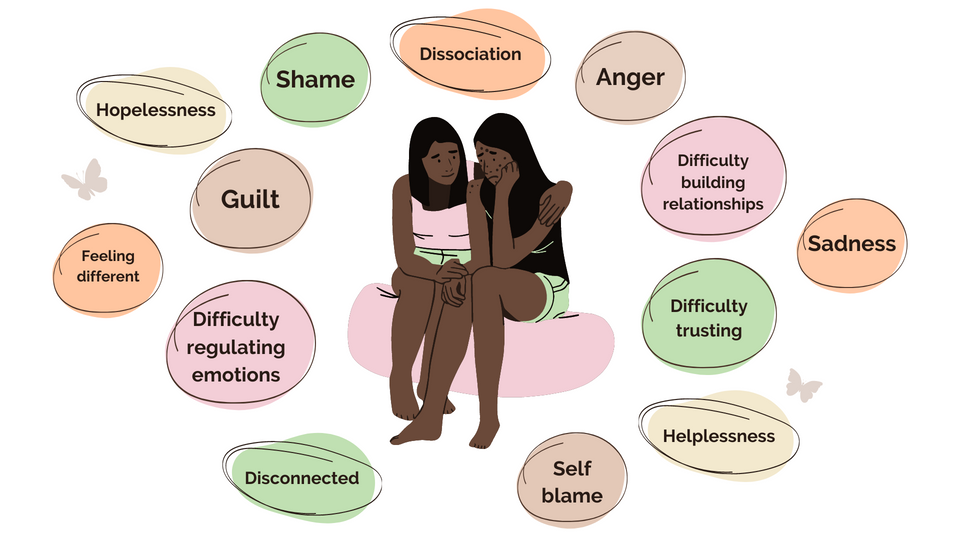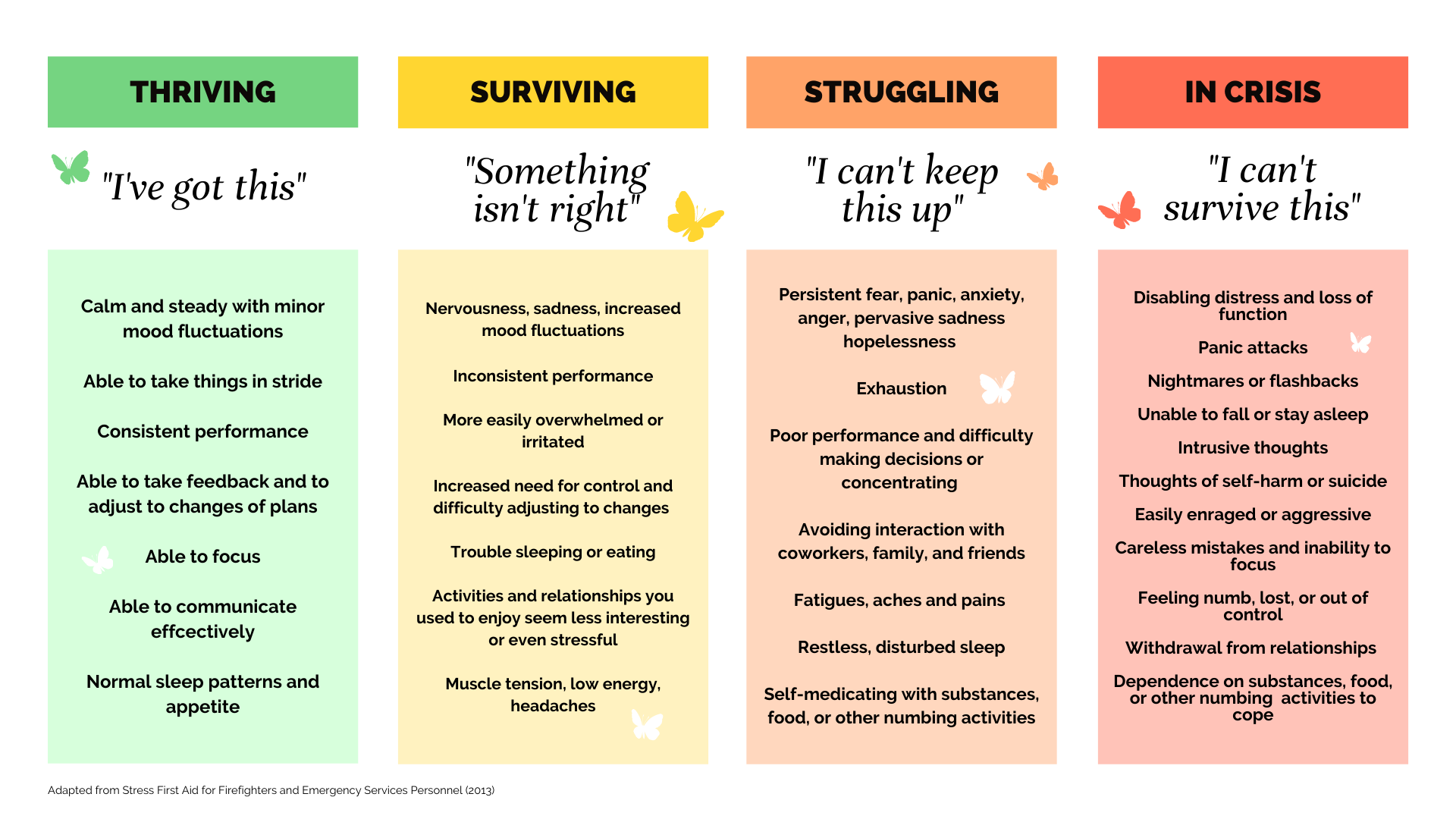PTSD vs C-PTSD

The term Post Traumatic Stress Disorder (PTSD) is used so much in popular culture that many people don’t understand what a real trauma diagnosis actually means.
Click on each box to learn more.
PTSD is a condition that is caused by a traumatic event
PTSD is characterised by:
- a physiological stress response to reminders of the trauma. Triggers can be sounds, situations and/or smells.
- re-experiencing phenomena (flashbacks)
- intrusive thoughts/feelings related to the trauma
- nightmares
Complex PTSD/ C-PTSD is caused by being trapped in situations of repetitive trauma
Along with the symptoms of PTSD, complex PTSD makes it difficult for people to regulate their emotional responses.
One way to look at the behavioural and emotional parts of this disorder, is to understand that the things that someone did to survive when they were trapped, often aren’t useful or are even problematic once they are no longer in that situation. The patterns forged in survival are very hard to break though, and it often takes a lot of time and therapy to ‘unlearn’ these behaviours.
It can:
- Make people hypervigilant, which means that your brain is constantly trying to look for threats and danger, because bad things used to happen to you all the time.
- Make it difficult to trust other people and have close relationships and friendships. Disrupt your memory of the past, and make remembering new things difficult.
- Make sleep, concentration and remembering things hard.
- For some people, it also causes struggles around substance use, dissociative disorders, and depression.
Explaining how you feel
People with C-PTSD are often misdiagnosed with other conditions that may have some similar symptoms such as BPD, ADHD or ASD. Sometimes people may have these conditions at the same time.
There is so much stigma around these conditions, and people are often labeled and judged for struggling to cope with debilitating symptoms rather than being provided with the right help.
Some of our survivors have found the following scale useful in understanding and communicating their symptoms when they are unwell with C-PTSD:

Find out more about exploitation, human trafficking and modern slavery:


